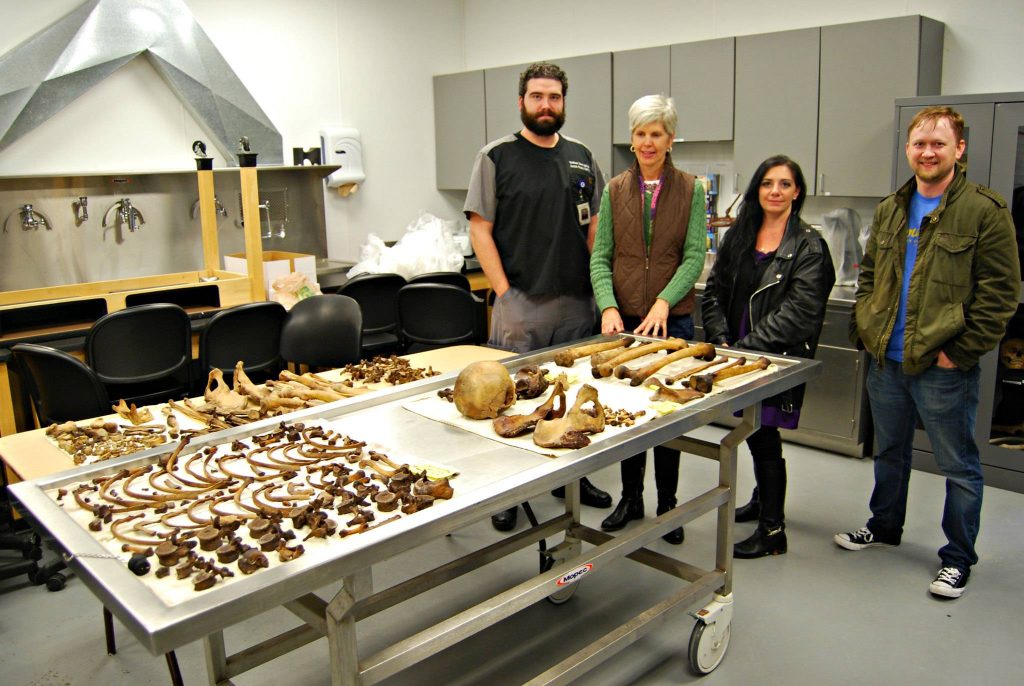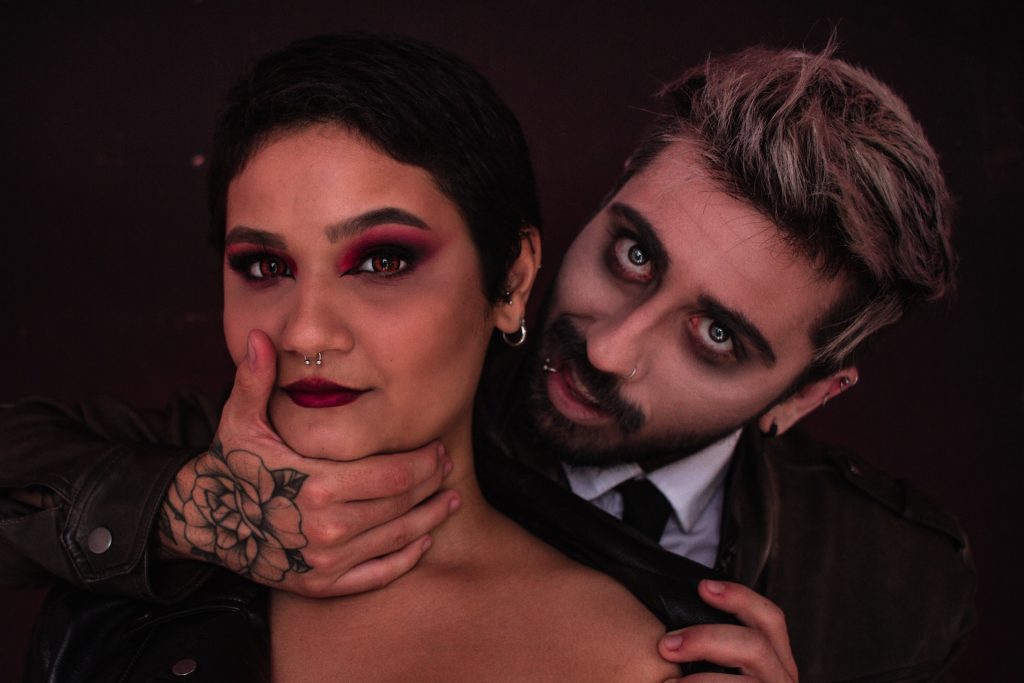It bugs the hell out of me why this has not been solved.


True crime is not bad for you!
But I would say that, as I’m a true crime author! In fact, I wrote a whole post on it. The idea that true crime is rotting our brains is from a guest post by Emma Berquist over at Gawker.
Emma is an American novelist, now residing in New Zealand, who was the unfortunate victim of a violent stabbing many years earlier. If anyone has something to say about true crime in the modern world then it would be Emma. Right?
The post was a direct response to the immense social media and web-sleuthing interest in the case of Gabby Petito and her murderer, boyfriend Brian Laundrie.
Emma’s ‘breaking point’ came when Newsweek ran a non-story of an old video of Brian Laundrie reading a science fiction book, where some reaching web sleuths had claimed it to be disturbing.
I can’t for the life of me imagine how reading a book that has been published by one of the big six can in anyway be considered disturbing. But apparently a web sleuth can, and apparently, Newsweek decided to employ a journalist to write about it as clickbait to earn them more money on ads.
That Emma, an intelligent and successful author, reached ‘breaking point’ on a non-story put out as clickbait is unfortunate, more so when we consider the people she ended up attacking in the post.
As a result of the Newsweek article, and the belief that web sleuths were going above their pay grade, she decided it was time to admit that true crime was rotting our brains.
True crime and the female audience
More women listen to true crime podcasts than men, which is a fact that, I’ll be honest, surprised me. The readers of my books, as far as I know, based on analytical data, is split between 50% men and 50% women. Podcasts are different.
The general podcast listenership is geared towards males who according to a 2017 study make up 56% of all podcast listeners. As for true crime podcasts, a 2018 report suggested that 76% of true crime podcast audience is female.
I’ll get into the why’s in another post but the general consensus is that females consume true crime because of self-preservation. Women fear crime more than men, so consuming true crime is logical as it can help them look out for signs and be less likely to be a victim.
This is where Emma seemingly took offence to the notion of women consuming true crime in that it was making women paranoid, edgy, and reporting on things that would have otherwise seemed banal.
“It’s victim blaming dressed up in empowerment; no one questions someone killed in a car accident, but if a woman is murdered her story becomes a precaution.”
Emma Berquist
An accidental death is different than a purposeful death carried out by one human being with the intention of killing another. It’s right that it becomes a precautionary tale, and in doing so, if one woman – or man – gets themselves out of a similar situation, then it’s a tale worth telling.
True crime has been with us since the 17th Century
It’s a given that we, as a species, unless we have personal interests in a death, are more drawn to stories of murder and human darkness, than accidents we believe we ourselves may have avoided.
It is in this belief of avoidance where true crime has forged a path, especially with women. And not forged recently, true crime has been with us since the 17th Century, in the form of media and newspapers.
There is no difference between a newspaper reporting on a crime story, a writer publishing a true crime book or blog post, or a podcast dedicated to solved and unsolved crimes. The only differences are in the format, style, and length.
Here’s the thing – the media will report on murders and most crime in the form of clickbait headlines and monikers that seek to attract readers rather than educate them. You didn’t think the Vampire of Sacramento called himself that, did you?
No, it is the media who are responsible for most of the monikers and titles given to true crime over the years. In fact, with my own research, newspapers have been embellishing facts in true crime stories since the turn of the 19th Century, and probably long before. Their headlines are designed to get audiences reading their pieces.
True crime, anxiety, and paranoia
“I think I would rather get stabbed again than have TikTok users descend like vultures on my social media, zooming in on pictures of my messy bedroom to analyze the tedious minutia of my deeply average life. Looking for warning signs, trying to find a way to convince yourself you’d survive is normal, a natural response to the paranoia and anxiety these stories inspire.”
Emma Berquist
I find it quite unusual that Emma would rather be stabbed again than have web sleuths uncover possible evidence of her theoretical death in photos of her bedroom on social media.
Claiming that true crime inspires paranoia and anxiety – and nothing else – is a misguided response. True crime creates feelings in the audience that are comparable with watching scary films, and mostly not so intense.
My other work is in the field of mental health, specifically self-harm and suicide prevention for men who have been emotionally abused by women. I can tell you that watching true crime is at the lowest end of the scale for increasing anxiety and paranoia.
If the suggestion is that true crime can be used as an educational tool, whether actual or psychological, for women to help protect themselves from crime, then why the issue with true crime?
I can hear what you’re saying – true crime is not entertainment. Though we do not associate true crime with entertainment per se, it is an industry propped up by creative individuals, seekers of the truth, and those who watch and read true crime as their personal entertainment.
Emma’s concern comes from the idea of the web sleuth and that they may delve too deeply into the lives of those affected by crime.
The rise of the web sleuth
I was historically in two minds about this one. On one hand, web sleuths can be individually overbearing, give rise to false suspects, and impede official police investigations.
But, on the other hand, web sleuths are becoming a vital part of the external-investigatory process. Especially at a time when police resources and budgets are being cut. Some web sleuths do more for increasing interest in a crime or missing persons case than law enforcement does.
My nan was a community sleuth back in the 1970s, she would go around talking to people affected by crime then hand her findings to the local police station. The web sleuth is nothing more than an evolution of the traditional community sleuth.
There’s nothing wrong with it, and in today’s world, where we hear about so many different cases, we need the web sleuth more than ever. Yes, they make mistakes, they wind each other up, and they get too invested in another’s life, but law enforcement also does those things.
Though I disagree with Emma on many aspects of her post, there is also a lot to agree with, not least the idea that people should not have a favourite murder. You can have a favourite food, film, game, whatever, but a murder?
A murder involves the death of a real-life person whose life was violently ended by another. To say that a murder can be a favourite, above other murders, and bundled in with food, film, and games, is abhorrent.
My only hope is that they don’t experience the murder of someone close to them, as they’ll see there is nothing favourable about it at all. That said, true crime is NOT rotting your brain, the media and the government do a good enough job for that.
- What Happens to Cold Cases? The Intricacies and Unsolved Mysteries Explained

- 13 Facts You Need to Know About Levi Bellfield: The Bus Stop Stalker

- How Has Pathology Evolved Over Time? (History of True Crime)

- Trio Convicted of June 2022 Westminster Murder of Adnan Saleh

- How Did Forensic Science Evolve Through History? (History of True Crime)

I feel like there should be more killers who use the internet especially in today's world.
Thanks for this. Anymore podcast lists coming anytime soon??
Not just females.
[…] Not So Heavenly Creatures: The case of two teenage girls who fell in love, created their own religion, entered…
There's a lot more the Italian authorities are not releasing over this case. Makes you wonder the extent of the…

 T
T
What Happens to Cold Cases? The Intricacies and Unsolved Mysteries Explained

 T
T
How Has Pathology Evolved Over Time? (History of True Crime)

 T
T
How Did Forensic Science Evolve Through History? (History of True Crime)

 T
T



